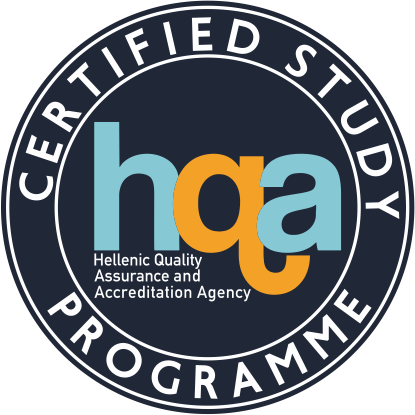| School |
Natural Sciences |
Academic Unit
|
Geology Department |
Level of Studies
|
Undergraduate |
Course Code
|
GE0_507 |
| Εξάμηνο σπουδών |
4ο |
Course Title
|
Hydrochemistry |
Independent Teaching Activities
|
Lectures, seminars and laboratory work |
Weekly Teaching Hours
|
2 (L), 2 (LAB) |
| Credits |
4 |
Course Type
|
Field of Science and Skills Development |
Prerequisite Courses
|
Typically, there are not prerequisite course.
For a better understanding of the course, it would be advisable for students to have attended first the following courses:
(a) Applied Hydrogeology
(b) Environmental Hydrogeology |
Language of Instruction & Examinations
|
Greek. Teaching may be however performed in English in case foreign students attend the course. |
Is the Course offered to Erasmus Students
|
Υes |
| Course Web-Page (URL) |
https://eclass.upatras.gr/courses/GEO360/ |
Learning Outcomes
|
By the end of this course the student will be able to:
- Understand the natural chemical composition of water
- Understand the hydro-geo -chemical processes that form the natural chemical composition of the groundwater as well as the water – rock interaction
- Identify the effect of pollution on the chemical composition of water.
- Be aware of the ways and methodologies for analyzing water samples in the Laboratory.
- Evaluate the results of laboratory analyzes
- Use these results in practice.
- Learn the standards of drinking water according to EU directives.
|
General Competences
|
By the end of this course the student will, furthermore, have developed the following skills (general abilities):
- Ability to exhibit knowledge and understanding of the essential facts, concepts, theories and applications which are related to groundwater quality.
- Ability to apply this knowledge and understanding to the solution of problems related to groundwater quality
Generally, by the end of this course the student will, furthermore, have develop the following general abilities (from the list above):
- Searching, analysis and synthesis of facts and information, as well as using the necessary technologies
- Adaptation to new situations
- Decision making
- Autonomous (Independent) work
- Group work
- Excercise of criticism and self-criticism
- Promotion of free, creative and inductive thinking
- Respect to natural environment
- Work design and management
|
| Syllabus |
- Natural chemical composition of groundwater
- Introduction to thermodynamic systems - activity
- Mineral Dissolution (Minerals and Water)
- Reduction – Oxidation Processes
- Ion exchange
- Carbonates and carbon dioxide
- Physicochemical Parameters of Water (pH, electrical conductivity, redox potential, alkalinity, hardness, saturation indexes)
- Presentation od hydrochemical data (Hydrochemical diagrams - Hydrochemical maps)
- Classification of waters
- Geochemistry of groundwater
- Standards of drinking water
|
| Delivery |
Lectures, hydrochemical exercises and laboratory work face to face. |
Use of Information & Communication Technology
|
Use of Information and Communication Technologies (ICTs) (e.g. powerpoint) in teaching. The lectures content of the course for each chapter are uploaded on the internet, e-class platform, in the form of a series of ppt files, where from the students can freely download them. |
Teaching Methods
|
| Activity |
Semester workload |
| Lectures (2 conduct hours per week x 13 weeks) |
2Χ13=26 |
| Laboratory exercises of hydrochemistry and work at the Laboratory (2 conduct hours per week x 13 weeks) |
2Χ13=26 |
| Writing reports on laboratory exercises |
2Χ13=26 |
| Hours for private study of the student and preparation of home-works (finally) |
2Χ11=22 |
| Total number of hours for the Course |
100 |
|
Student Performance Evaluation
|
- Written examination during the examination period and
- 2. Written reports for each laboratory exercise. The average of the grades is 10% of the final grade.
|
Attached Bibliography
|
- Lambrakis, N., 2015. Introduction to Hydrochemistry, University of Patras
- Apello and Postma, 2006. Geochemistry, groundwater and pollution, Balkema Publishers.
- Related academic journals:
Environmental Earth Sciences, Springer Publishers; Environmental Monitoring and Assessment, Springer Publishers. |





